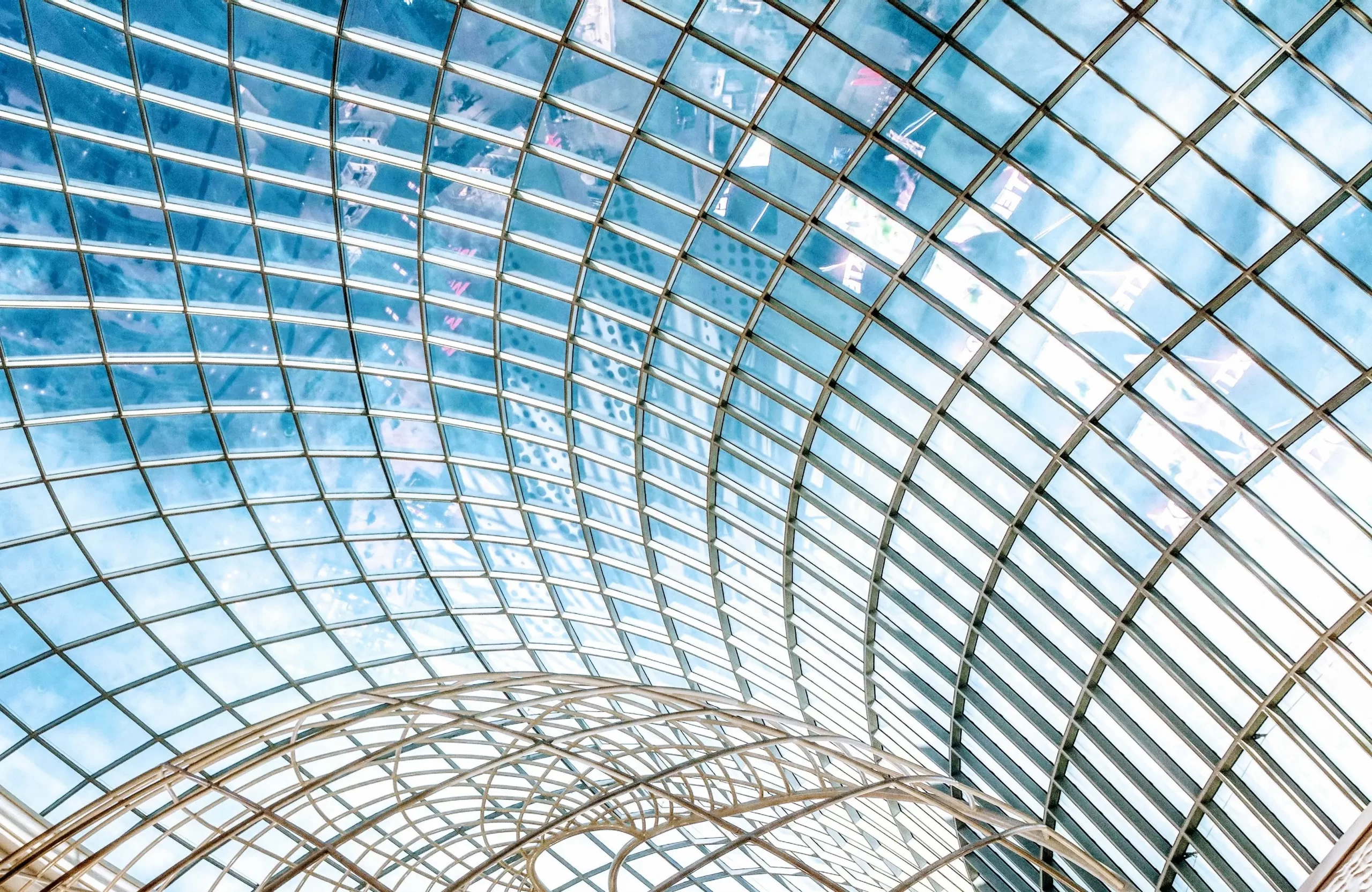

Innovation in Glass: Past, Present, and Future
Glass is a material that we are all familiar with and has been used for centuries in a variety of applications, from window panes and mirrors to art and jewellery. Throughout history, innovations in glassmaking have led to new uses and improved the performance of this multi purpose material that most of us use and experience on a daily basis.
Glass has been a staple material in construction and manufacturing for centuries, but recent innovations are pushing the boundaries of what is possible with this versatile material. In this blog post, we will explore some of the most exciting innovations in glass technology, both past and present, and look at what the future holds for this endlessly fascinating material.
Glass and the past: Ancient Glassmaking
Glassmaking has a long history, dating back to ancient civilisations. The earliest known glass objects date back to as far as 3500 BC in Mesopotamia and Egypt. These early glass objects were made by heating sand and other natural materials together to create a glassy style substance, which was then shaped by hand or with simple tools.
Glass in the present day: Modern Glass Innovations
Today, glass is used in a wide variety of applications, from building, construction and automotive industries to high-tech electronics and solar energy. Some of the key innovations in glass in recent years include:
- Laminated Glass: This type of glass is made by sandwiching a layer of plastic between two layers of glass. Laminated glass is stronger and more durable than traditional glass, and it is often used in car windshields and building construction.
- Energy Efficient (Low-E) Glass: One of the most significant innovations in glass technology in recent years has been the development of energy-efficient glass. This type of glass is designed to reduce the amount of heat that enters or escapes a building, which can greatly reduce energy costs and increase comfort for building occupants. Low-emissivity (Low-E) coatings are applied to the surface of the glass, which reflects heat back into the building, while still allowing natural light to enter. This type of glass is an ideal solution for businesses looking to increase the energy efficiency of their buildings and reduce their environmental footprint.
- Self-Cleaning Glass: Another exciting innovation in glass technology is the development of self-cleaning glass. This type of glass has a special coating that causes dirt and grime to break down when exposed to sunlight or wash away when it rains, making it much easier to clean and maintain than traditional glass products. This can be especially useful for businesses located in urban areas with high-traffic and pollution levels or offices with areas that are difficult to clean, such as skylights or atriums
- Smart Glass: This type of glass is coated with a specially designed layer that allows it to change from transparent to opaque when an electric current is applied, meaning it can be controlled to change its transparency and reflectivity depending on the lighting conditions. This makes it useful in a variety of applications, such as privacy screens and energy-efficient windows. The technology and thinking behind smart glass is constantly evolving, and as recent developments progress, it can be used to help regulate the temperature and lighting in a building, reducing energy costs and increasing comfort for its occupants.
Glass of the future: Potential Innovations in Glass
While glass has been around for centuries, there is still plenty of room for innovation of this versatile material.
Some of the potential future innovations in glass that are mainly being explored at present include the following:
- Flexible Glass: Researchers are currently working on developing an innovative type of glass that is flexible so that it can be bent or folded without breaking. This could have a wide variety of applications, from flexible smartphones and tablets to bendable solar panels and beyond.
- Transparent Solar Panels: Researchers are also working on developing a type of solar panel that is transparent, which would allow for the integration of solar energy into building design. Hopefully, this could lead to more energy-efficient and sustainable buildings in the future.
- Self-healing Glass: Currently in development with scientists, self healing glass is a type of glass that can repair itself when it becomes cracked or damaged. Once in circulation, this type of glass could have a significant impact on the safety and durability of glass structures for numerous purposes.
- Glass-Ceramic: A new hybrid type of glass-ceramic is being developed that has the properties of both glass and ceramic. The thought process behind it being, that this development could be useful in high-temperature applications, such as aerospace and furnace linings.
- Augmented reality Glass: Another area of research is the use of augmented reality glass, which could allow users to overlay digital information on top of the real world, providing new opportunities for businesses to communicate with customers and increase engagement.
Overall, innovations in glass technology are creating new opportunities for businesses to increase energy efficiency, improve the comfort of their buildings and reduce their environmental footprint. As research and development in this field continue to advance, we can expect to see even more exciting advancements in the years to come.
In conclusion, glass is a timeless and versatile material that has undergone significant innovation throughout history and continues to do so. From ancient glassmaking techniques to modern innovations like laminated, Low-E and self-cleaning glass, to the potential for future innovations in flexible glass, transparent solar panels, self-healing glass and glass-ceramic – glass continues to prove itself as a versatile and valuable material with a bright future ahead. But then we’re mildly biased as glass is our passion and with that, we’re excited for what it’s innovative future holds.
MiGlass is one of the largest independent glass processors and Glass Manufacturers in Europe, providing a turnkey solution for all flat glass processing needs & specialising in decorative glass products for all markets. Our 24/7 facility provides a competitive supply from bespoke one off to high volume requirements offering an unrivalled production, quality & delivery service – right here in the UK. For more on our glass products and manufacture, please visit our website or contact us for further information.

